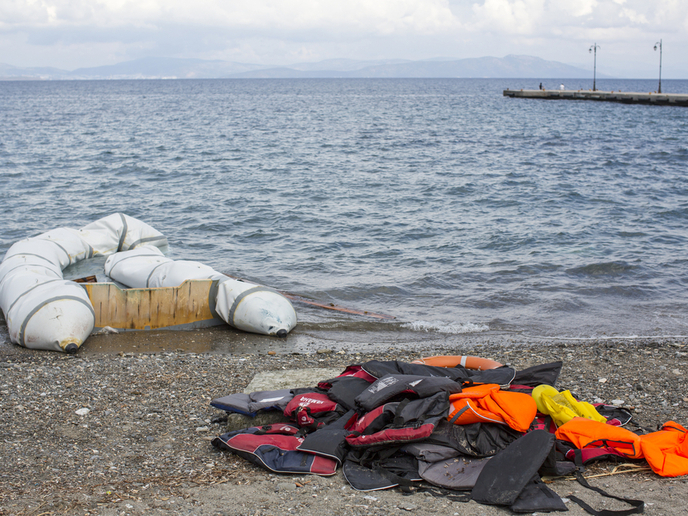To experience the good life, some workers head to the Arctic
Economic uncertainty, widespread unemployment, an increasing precarity of work, a global pandemic and now war in Europe. Is it any wonder that many Europeans are pessimistic about the future? “Because these crises have ruptured the traditional paths to upward mobility, there’s a debate between those who feel there is no future to work towards and those who still anticipate a profitable future,” says Kori Allan, the principal investigator of the ArcticLabourTime project(opens in new window) coordinated by the University of Jyväskylä(opens in new window) in Finland. But just how much do the affective and temporal dimensions of a person’s expectations for the future impact how invested – or divested – they are from a particular type of work? To answer this question, Allan looked north to the Arctic. “Places considered to be peripheral, like much of the Arctic, have never experienced the same expectations for prosperity that have dominated much of our post-war industrialisation consciousness,” adds Allan. “Thus, these sites are crucial to understanding the temporal contradictions of the global economy.” Through the ArcticLabourTime project, which was undertaken with the support of the Marie Skłodowska-Curie Actions programme(opens in new window), Allan examined the Finnish Arctic, which is currently witnessing an influx of investments capitalising on the region’s extraordinary natural resources.
Lifestyle migration versus labour migration
Allan’s in-depth ethnographic research focused on a Lapland municipality that is quickly becoming a tourism hotspot. Although nature is abundant here, people are not, meaning that in order to meet this growing demand, businesses and other stakeholders depend on labour mobility. “Large business owners manage the seasonality of tourism, in part, by recruiting seasonal workers from the south of Finland, but also increasingly from abroad,” notes Allan. “Recruiters and governments attempt to attract foreign entrepreneurs and workers by selling them ‘the good life’ that can be found in the Arctic.” As Allan explains, lifestyle migration – those who move in pursuit of a better and/or more fulfilling way of life – is often viewed separately from labour migration. However, in the case of Lapland, where work and life are intimately integrated, the two are closely intertwined. “The work here is very much seasonal, which trends towards labour mobility,” says Allan. “Yet most of those coming here to work are more than willing to trade job security and stable work futures for the opportunity to work in nature and have a lifestyle more attuned to their ideals.” Allan goes on to note how this enables established Lappish companies to recruit relatively cheap labour. She also notes that in some cases, migrants themselves establish their own small businesses and entrepreneurial ventures. The result is the creation of a hybrid lifestyle-labour ecosystem that has gone on to attract various types of labour mobility, including ‘digital nomads’ and freelancers, to the area.
Prioritising quality of life over profit
This research, which saw Allan living in Lapland, sheds new light on how workers and small business owners attempt to manage job insecurity with creating a lifestyle that prioritises well-being and sustainability. At the same time, Allan saw how many small business owners aren’t trying to maximise profits, but instead trying to incorporate a particular lifestyle into the capitalist system. “My work shows how people are attempting to address the vagaries of capitalism in new ways while also testing the limits and strengths of impact/value-based investment,” concludes Allan. “In a post-pandemic world that desperately needs to address climate change, considering how to invest in a future that values improving lives over profits is imperative.”







